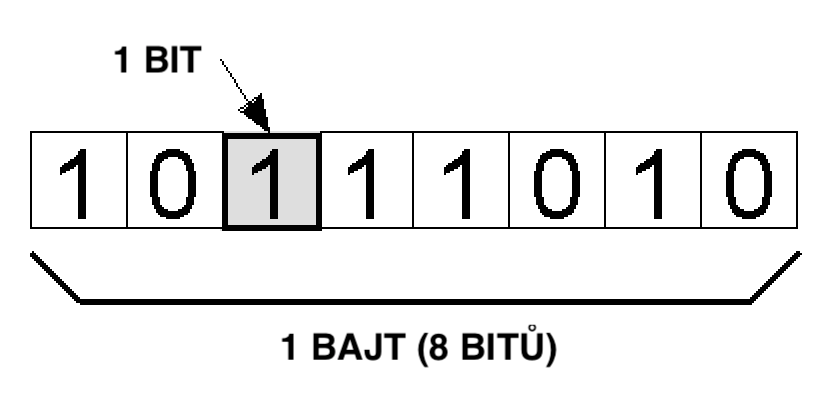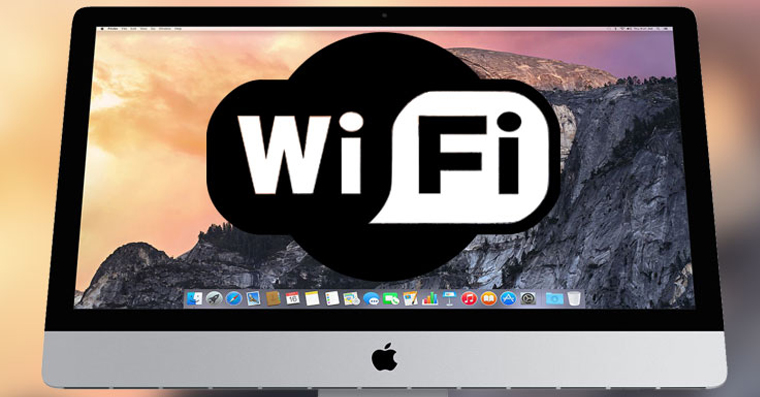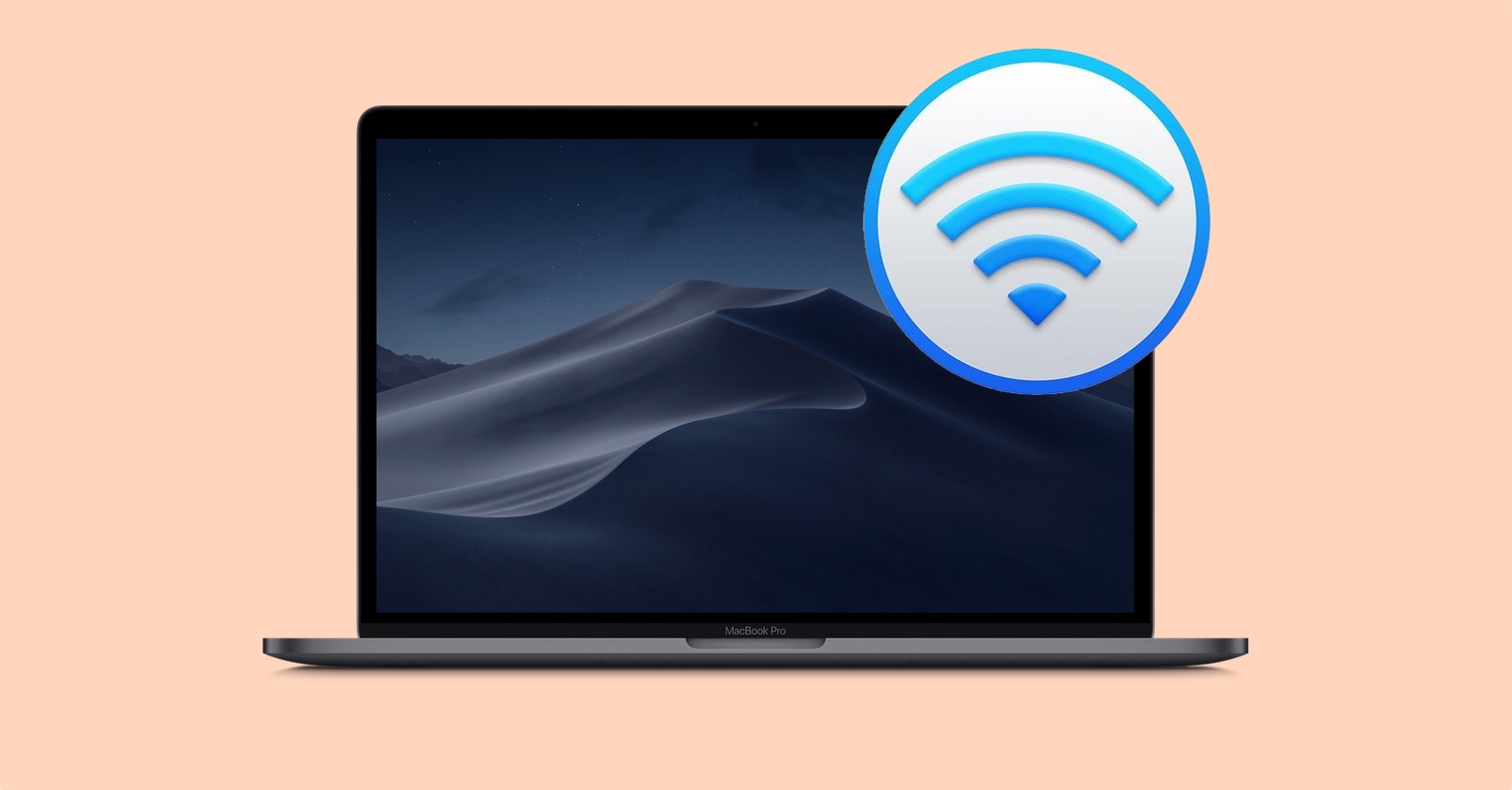Most users who work on computers for a living probably know the difference between the units Mb/s, Mbps and MB/s. Unfortunately, however, more and more often I meet people who simply do not know these differences and think that they are identical units and that the person in question just it didn't want to hold the shift key while typing. However, the opposite is true in this case, as the differences between the unit Mb/s or MB/s are definitely and is it is very necessary to distinguish them. Let's break down the versions of these units together in this article and explain the difference between them.
It could be interest you

Most often, we can encounter incorrectly specified units at Internet speed measurement. Internet providers most often use units Mb/s or Mbps. We can already say that these two notations are identical - Mb / s je Megabit per second a Mbps je Englis Megabits per second. So if you measure your download speed through an application 100 Mb/s or Mbps, definitely you will not download at a speed of 100 megabytes per second. Internet providers practically always provide data precisely in Mb/s or Mbps, since numbers are always expressed in these units Vetsi and in this case it therefore applies the more the better.
Byte and bit
In order to understand the notation Mb/s and MB/s, it is first necessary to explain what it is byte and bit. In both cases it is about size units of certain data. If you add a letter after these units s, That is sec, so it is a unit data transfer per second. Byte is in the computer world a larger unit than a bit. You might now expect that 1 byte (uppercase B) is 10x larger than a bit (lowercase b). Even in this case, however, you are wrong, because 1 byte has exactly 8 bits. So if you specify the speed for example 100 Mb / s, so does not act about the transfer rate of 100 megabytes of data per second, but about the transfer 100 megabits of data per second.

So if you find out that your internet speed is 100 Mbps, Mbps – short and simple 100 megabits per second – so you download at speed 100 megabits per second a not 100 megabytes per second. In order to get to the real download speed, which is indicated by various computer clients or web browsers, the speed in (mega)bits is necessary divide by eight. If you want to calculate download speed, which will appear on your computer if you have a measured download speed 100 Mb/s or Mbps, so we do the calculation 100:8, which is 12,5 MB / s, That is 12,5 megabytes per second.
Of course, it works the same way for other units in the form of kilobyte (kilobit), terabyte (terabit), etc. If you want convert bits to bytes, so it is always necessary divide the value in bits by 8, so that you get the data in bytes. If you want the opposite convert bytes to bits, so it is always necessary multiply the byte value by 8, so that you get the final data in bits.




nicely explained, hopefully as many people as possible will read and understand it
In the computer world, the conversion 1 Byte = 1 bits is also used in certain cases. I think it should be mentioned. Even though this article is primarily focused on measurement units used within the Internet, after reading the article you could easily become convinced that 1 Byte is always and everywhere 8 bits. It is especially relevant for Mac users, since a few years ago Apple decided to calculate sizes in macOS according to the formula 1 Byte = 10 bits.
It's morning and I'm writing nonsense. I mixed two things together and wrote crap. The post can no longer be deleted, so please ignore it.
I thought to myself. :D
unfortunately you are out of luck….history will no longer ask if this wisdom was created before or after breakfast…
**crying in binary system**
How did it come about?
a bit - a number in a computer - can only have values, 0 or 1
character - letter, (uppercase, lowercase, national alphabets), number, carriage return, ... may need up to 256 combinations. And just 8 numbers with a value of 0 or 1 gives 256 combinations (2 multiplied by 8 = 256)
Nice, thanks.
bit vs. Byte = 8 : 1
truth.
but there are also "cheaters" who mainly, and I'm reposting, I'm not referring to Internet transfer speeds, but memories, HDD/SSD/Flash, etc. shamelessly mix decimal and binary systems. …Magabyte (MB) and Mebibyte (MiB)… hence the confusion with the 10-bit byte.
... and so e.g. 1 TB (1000GB) HDD = e.g. 1 bytes = 000 GiB (roughly... a bigger number is always better). the conversion between the orders is 200 not 929, but marketing doesn't work on that.
The author is probably not familiar with the issue, maybe it would be better to complete his education and then write articles. I understand that the purely Čecháček author assumes that operators publish speeds in bps because the number looks bigger, but that is not true at all, data is transmitted in the network via a serial line and thus really bit by bit - that is why the speed is stated in bps. Another reason is that with some protocols, control and transmission data consume a considerable part of the transmitted data volume (even a third), but the operator must transmit all data, that is, the primary data as well as the technological data, therefore the speed is generally calculated from all transmitted bits. Which is another topic that the author completely missed, it has become a bad habit to include the entire communication in bps, but in Bps only the transferred customer data trimmed by technological data - this is so that the mentioned Bps sit with the speed on the output eth port - understandable in terms of marketing, but such a number it does not say anything at all about the actual transmission speed of the given channel/line - the user then searches in vain for the difference in speed measured by ma wan and lan ports.
The main thing is that you're a kisser, dude, you write nonsense.
They taught us a beautiful lesson because we keep getting confused which is bit and which is byte.
bit – Asterix, has fewer letters – Asterix is smaller – so small b
byte - Obelix, has more letters - Obelix is, but bigger :D - so capital B
it will help someone :)
Look, I understood it, but it won't let me dig:+)
Asterix has more letters than Obelix:+))
What he meant was that "byte" has more letters than "bit".
It is enough to know the basics of English - bit = dilek, particle...
– byte = syllable
I would add that if a byte is a syllable, then the logically higher unit is a word.
But it no longer has a fixed width (number of bits) - it depends on the operating system.
The article corresponds to apple growers. Very weak indeed and often misinterpreted. From the comments, perhaps only Pax has insight into the problem. The problem of serial communication is sufficiently described on Wiki, so at least try this resource - then you will laugh at the article and not have the need to share nonsense, as the author.
So sit by your windows with a blue window and wait for a miracle, maybe they will start. :D
As my colleague above already wrote, it's really not that simple. The fact that I have a 10Mbps line does not mean that I am "downloading" 12.5MBps. It really just means that some general data is flowing to me so quickly. But how fast I download mainly depends on the encoding/protocol I use for downloading.
In France and Romania they have a Byte >Octet instead
so they have KO MO GO TO. Octet means eight in Greek and they definitely got it right and it's less confusing than Kb and KB...
One joke is enough to explain this problem: "Do you know how many trilobites are eight? One trilobyte” ?
And how much is 10 inches? Well one-Rýbrcoul !!!
I, as a tech dilettante, had a lot of fun reading your posts. You have opened a new space for me. Thanks?